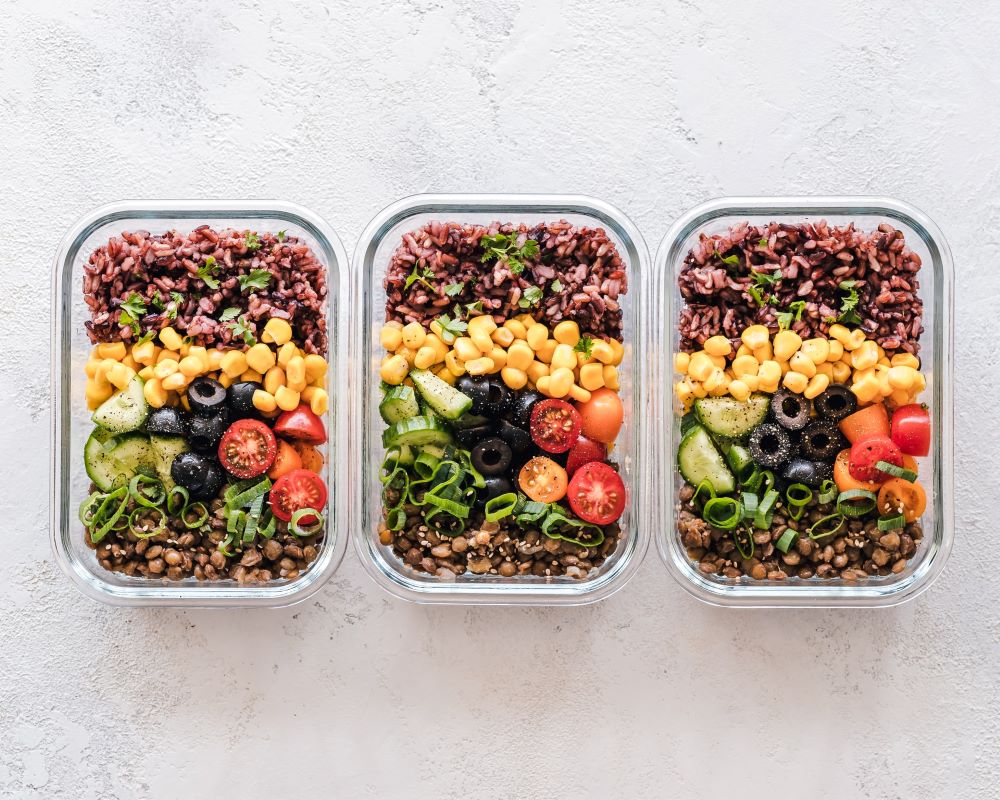
We are a reader-supported education publication. When you buy through links on our site, we may earn an affiliate commission to help us keep providing content.
Grad school is a very different experience from undergrad. You’ve given a lot more responsibility and a lot less guidance. Coursework is more focused and many grad students work while taking their classes. Professors treat you like an adult rather than a student. You’re on your own to figure out finances, time management and professional communication.
If you’ve been accepted into grad school, there are several things you can do now to make your first semester easier. These steps will prepare you for grad school and handle adult responsibilities with maturity. Here are seven ways you can prep for grad school.
- Choose Non-Negotiables
Grad school can get incredibly busy, especially if you’re working full-time. Before, you schedule fills up, you should identify your non-negotiables. Non-negotiables are the things you need to do to care for yourself emotionally, physically and spiritually. Without them, you won’t be able to function in a healthy way.
Examples of non-negotiables could include working out, spiritual development, time with friends and eating three meals a day. After a week without a non-negotiable, you’ll feel incredibly drained even if everything else is going well. Once you know what your non-negotiables are, you can create a plan to ensure they happen every day.
- Make a Budget
Another way to prepare for grad school is to get your finances in order. Make a plan to pay off any debt you have and think about how you’re going to pay for school. You may need to work for a year before school so that you feel more financially stable. However, many grad programs offer paid teaching positions to help cover the cost of your education.
Consider your sources of income and the expenses you’ll need to complete school. Grad school costs include transportation, housing, food, health insurance, clothing and learning materials like books and electronics. Many grad students work part of full-time to pay living costs while they’re at school. You can also consider taking out a loan to get your degree.
- Start Meal-Prepping
One way to save on living costs is by meal-prepping. It’s easier to eat out when you’re busy, but making your own food is healthier and less expensive. If you’ve never meal prepped before, now is the time to start. Practice creating a menu, shopping within your budget and making food that stores well.
You can choose one or two days a week to do most of your cooking in batches. That way, meal prep won’t take up valuable time during the week. You can invest in a quality set of containers and a lightweight lunchbox for eating on the go. It’s also a good idea to get a large water bottle so you can fill up and stay hydrated throughout the day.

- Learn to Rest
Rest is more complicated than just getting sleep, although that matters too. Most adults need between 7-9 hours of sleep to function at their best. If you deprive yourself of sleep, you may experience brain fog, increased anxiety and emotional instability. Coffee may make this worse.
In addition to physical rest, you need to get mental and emotional rest too. This could look like having alone time, reaching out for more friendships or spending time outside observing nature. Typically, an activity will feel restful when it’s the opposite of what you do for work – like working out when you’ve been sitting at a desk all day.
- Try New Things
When you get to school, many things will feel uncomfortable because they’re new. You’ll have to introduce yourself to new people, navigate a new campus and engage with new ideas. You’ll eat at new places, create new routines and face new problems.
Although facing new things is often uncomfortable, it will cause you to grow in amazing ways. You can start practicing a growth mindset by stepping out of your comfort zone now. Try a new hobby, introduce yourself to new people or start going to a public gym.

- Begin Reading
Most grad school programs require a lot of reading. The material is challenging and you’re expected to engage with what you read through in-depth essays. You can start reading now to prepare for your coursework later.
You don’t need to start with difficult books. Try reading for pleasure in the morning or evening and slowly work up to more challenging material. Talk about what you’re reading and practice asking questions and looking for answers in the text. Once you start school, your brain will adjust to the speed and intensity required to get work done.
- Keep a Journal
Keeping a journal develops emotional strength and self-awareness. Every person has habitual reactions and ways of processing and some are more healthy than others. Journaling can help you learn more about yourself and identify ways you want to grow.
When you encounter stress or uncertainty at school, journaling can help you work through what happened and find better ways to respond. This self-care practice is simple but very powerful. You can start writing out your thoughts today so you’re ready to evaluate life during school.
Look to the Future
Grad school is challenging, but it doesn’t have to be daunting. You can start preparing for school now by living a mature daily life. Find the things that matter most to you and make room for them. Create a budget, nourish your body with good food and learn how to rest.
Push yourself to grow outside your comfort zone and keep a journal to evaluate your emotions and experiences. Start reading to sharpen your mind and ask questions about what you observe. These habits will reduce daily stress and equip you to live a full life while you finish your degree.
latest in learning!
Get the latest updates in learning, teaching and everything in between! Whether you're a student or an educator, we offer the inspiration you need to fuel your classroom experience.









